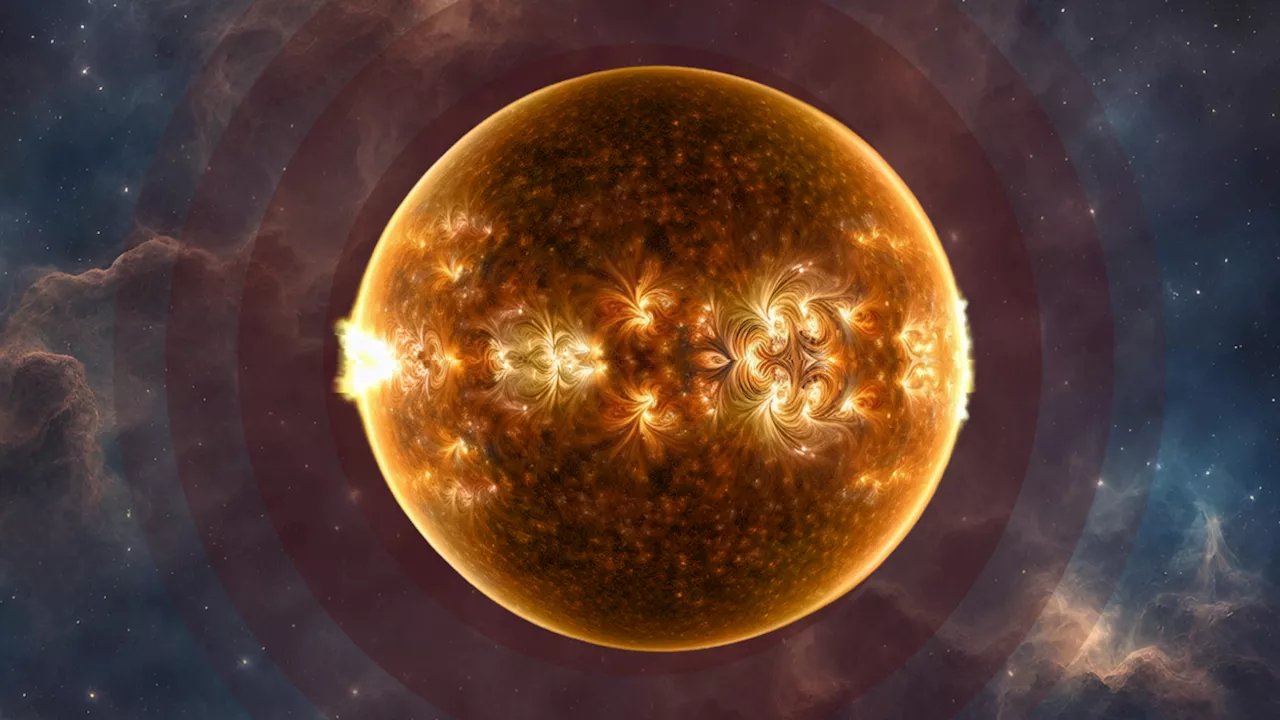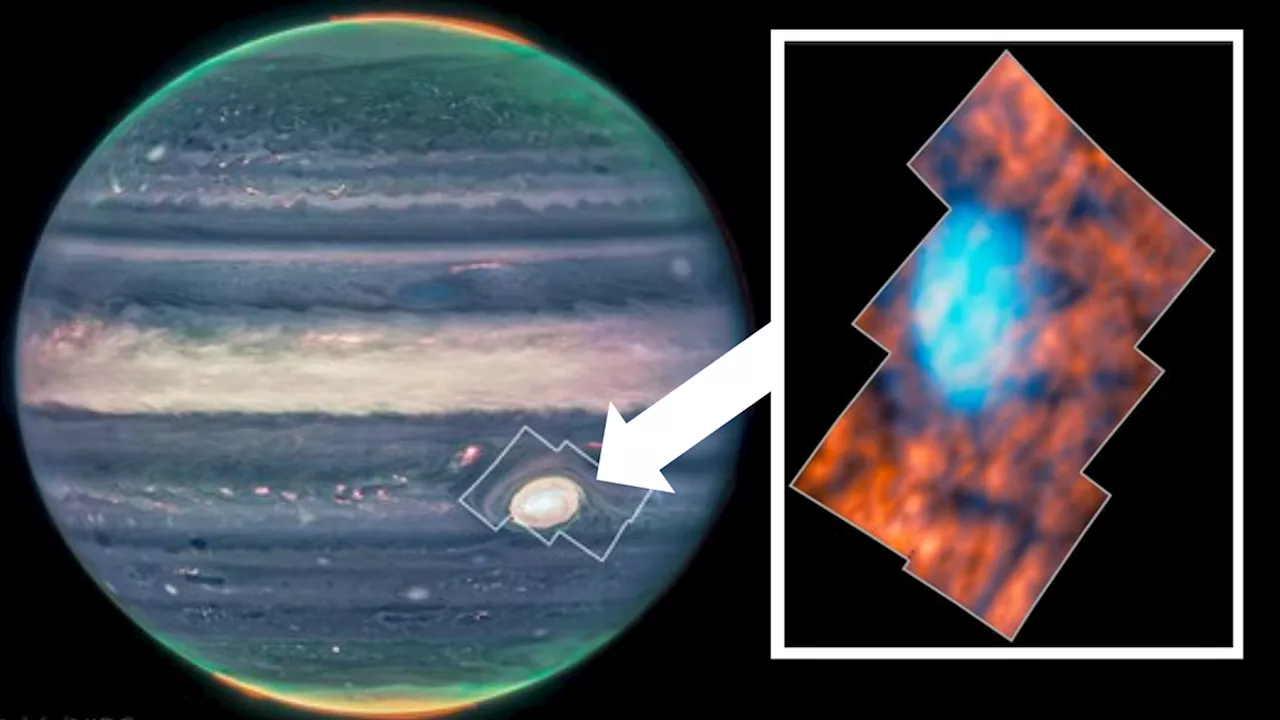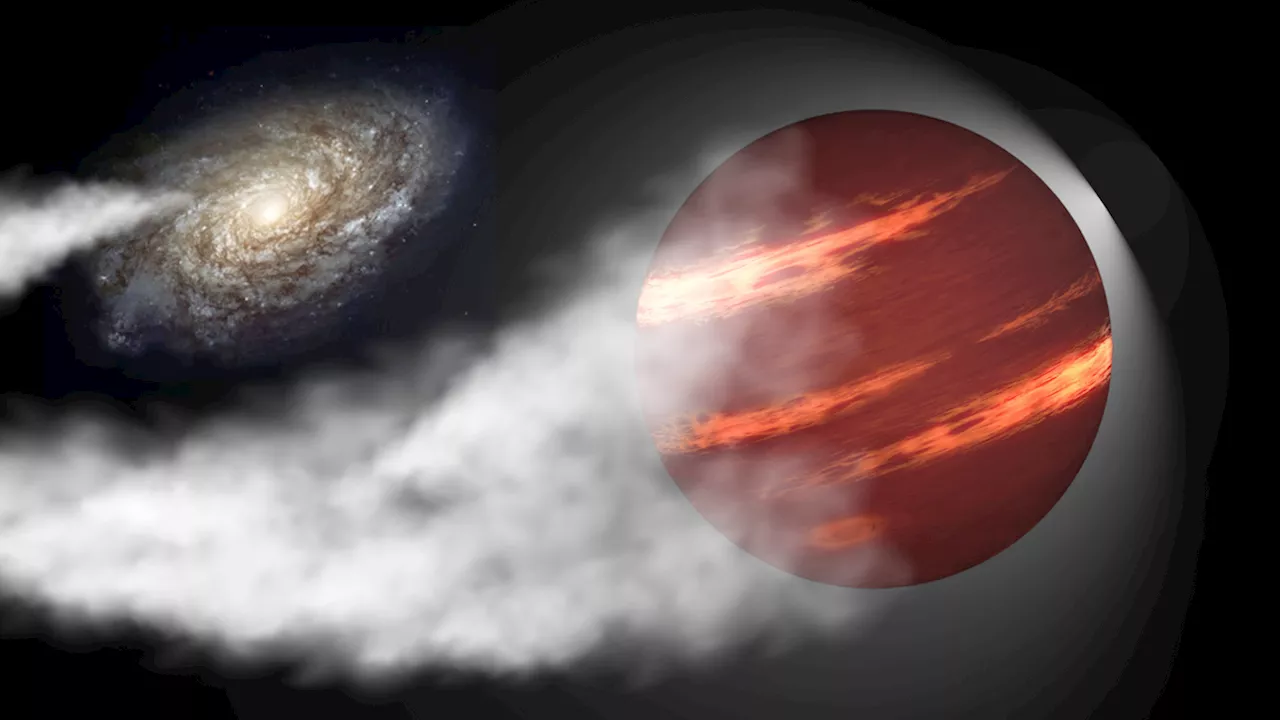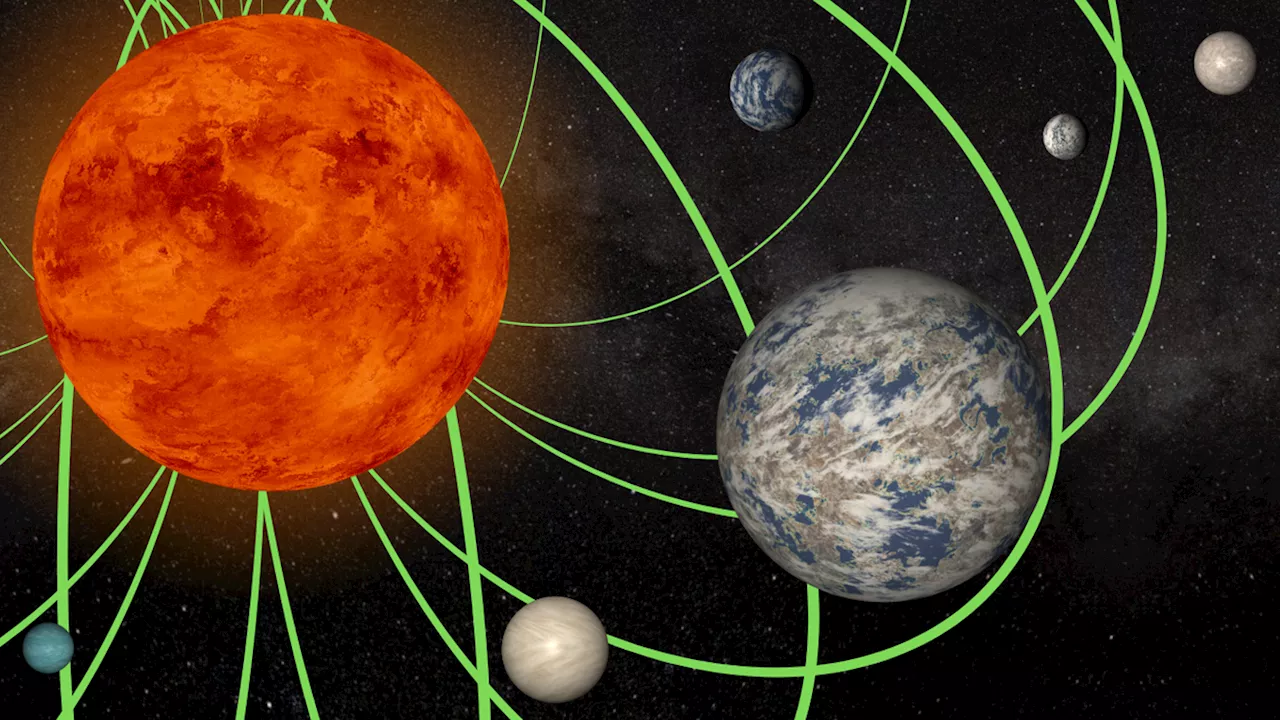Robert Lea is a science journalist in the U.K. whose articles have been published in Physics World, New Scientist, Astronomy Magazine, All About Space, Newsweek and ZME Science. He also writes about science communication for Elsevier and the European Journal of Physics. Rob holds a bachelor of science degree in physics and astronomy from the U.K.
The chances of a planet hosting life depends on more than just its proximity to its parent star, and the amount of radiation it receives. New research looks at the impact a star's magnetic field has on exoplanet habitability.around stars, which gets its name from the fact that it is the region around a star where it's neither too hot nor too cold for a planet to host liquid water.
Yet, there is another way in which a planet's magnetic field is important to its habitability, and that is through its interaction with the magnetic field of its star.
Once this was done, the team could estimate another important value: the star's"Alfvén radius," which defines the point at which the stellar wind from that star becomes disconnected or"decoupled" from the star and its magnetic field. The researchers then assessed 1,546 exoplanets to see if the worlds orbited their stars within each respective stellar body's Alfvén radius.
"While these conditions are necessary for a planet to host life, they do not guarantee it," said research lead author Anthony Atkinson, a Rice University graduate.
Norge Siste Nytt, Norge Overskrifter
Similar News:Du kan også lese nyheter som ligner på denne som vi har samlet inn fra andre nyhetskilder.
 'Immortal' stars may exist in the heart of the Milky WayRobert Lea is a science journalist in the U.K. whose articles have been published in Physics World, New Scientist, Astronomy Magazine, All About Space, Newsweek and ZME Science. He also writes about science communication for Elsevier and the European Journal of Physics. Rob holds a bachelor of science degree in physics and astronomy from the U.K.
'Immortal' stars may exist in the heart of the Milky WayRobert Lea is a science journalist in the U.K. whose articles have been published in Physics World, New Scientist, Astronomy Magazine, All About Space, Newsweek and ZME Science. He also writes about science communication for Elsevier and the European Journal of Physics. Rob holds a bachelor of science degree in physics and astronomy from the U.K.
Les mer »
 Missing Milky Way black holes are bad news for this dark matter theoryRobert Lea is a science journalist in the U.K. whose articles have been published in Physics World, New Scientist, Astronomy Magazine, All About Space, Newsweek and ZME Science. He also writes about science communication for Elsevier and the European Journal of Physics. Rob holds a bachelor of science degree in physics and astronomy from the U.K.
Missing Milky Way black holes are bad news for this dark matter theoryRobert Lea is a science journalist in the U.K. whose articles have been published in Physics World, New Scientist, Astronomy Magazine, All About Space, Newsweek and ZME Science. He also writes about science communication for Elsevier and the European Journal of Physics. Rob holds a bachelor of science degree in physics and astronomy from the U.K.
Les mer »
 James Webb Space Telescope spots 'Cosmic Gems' in the extremely early universe (video)Robert Lea is a science journalist in the U.K. whose articles have been published in Physics World, New Scientist, Astronomy Magazine, All About Space, Newsweek and ZME Science. He also writes about science communication for Elsevier and the European Journal of Physics. Rob holds a bachelor of science degree in physics and astronomy from the U.K.
James Webb Space Telescope spots 'Cosmic Gems' in the extremely early universe (video)Robert Lea is a science journalist in the U.K. whose articles have been published in Physics World, New Scientist, Astronomy Magazine, All About Space, Newsweek and ZME Science. He also writes about science communication for Elsevier and the European Journal of Physics. Rob holds a bachelor of science degree in physics and astronomy from the U.K.
Les mer »
 See a starburst galaxy, ablaze with explosive star birth, devouring dwarf galaxies (video)Robert Lea is a science journalist in the U.K. whose articles have been published in Physics World, New Scientist, Astronomy Magazine, All About Space, Newsweek and ZME Science. He also writes about science communication for Elsevier and the European Journal of Physics. Rob holds a bachelor of science degree in physics and astronomy from the U.K.
See a starburst galaxy, ablaze with explosive star birth, devouring dwarf galaxies (video)Robert Lea is a science journalist in the U.K. whose articles have been published in Physics World, New Scientist, Astronomy Magazine, All About Space, Newsweek and ZME Science. He also writes about science communication for Elsevier and the European Journal of Physics. Rob holds a bachelor of science degree in physics and astronomy from the U.K.
Les mer »
 James Webb Space Telescope spies strange shapes above Jupiter's Great Red Spot (image)Robert Lea is a science journalist in the U.K. whose articles have been published in Physics World, New Scientist, Astronomy Magazine, All About Space, Newsweek and ZME Science. He also writes about science communication for Elsevier and the European Journal of Physics. Rob holds a bachelor of science degree in physics and astronomy from the U.K.
James Webb Space Telescope spies strange shapes above Jupiter's Great Red Spot (image)Robert Lea is a science journalist in the U.K. whose articles have been published in Physics World, New Scientist, Astronomy Magazine, All About Space, Newsweek and ZME Science. He also writes about science communication for Elsevier and the European Journal of Physics. Rob holds a bachelor of science degree in physics and astronomy from the U.K.
Les mer »
 Runaway 'failed star' races through the cosmos at 1.2 million mphRobert Lea is a science journalist in the U.K. whose articles have been published in Physics World, New Scientist, Astronomy Magazine, All About Space, Newsweek and ZME Science. He also writes about science communication for Elsevier and the European Journal of Physics. Rob holds a bachelor of science degree in physics and astronomy from the U.K.
Runaway 'failed star' races through the cosmos at 1.2 million mphRobert Lea is a science journalist in the U.K. whose articles have been published in Physics World, New Scientist, Astronomy Magazine, All About Space, Newsweek and ZME Science. He also writes about science communication for Elsevier and the European Journal of Physics. Rob holds a bachelor of science degree in physics and astronomy from the U.K.
Les mer »
